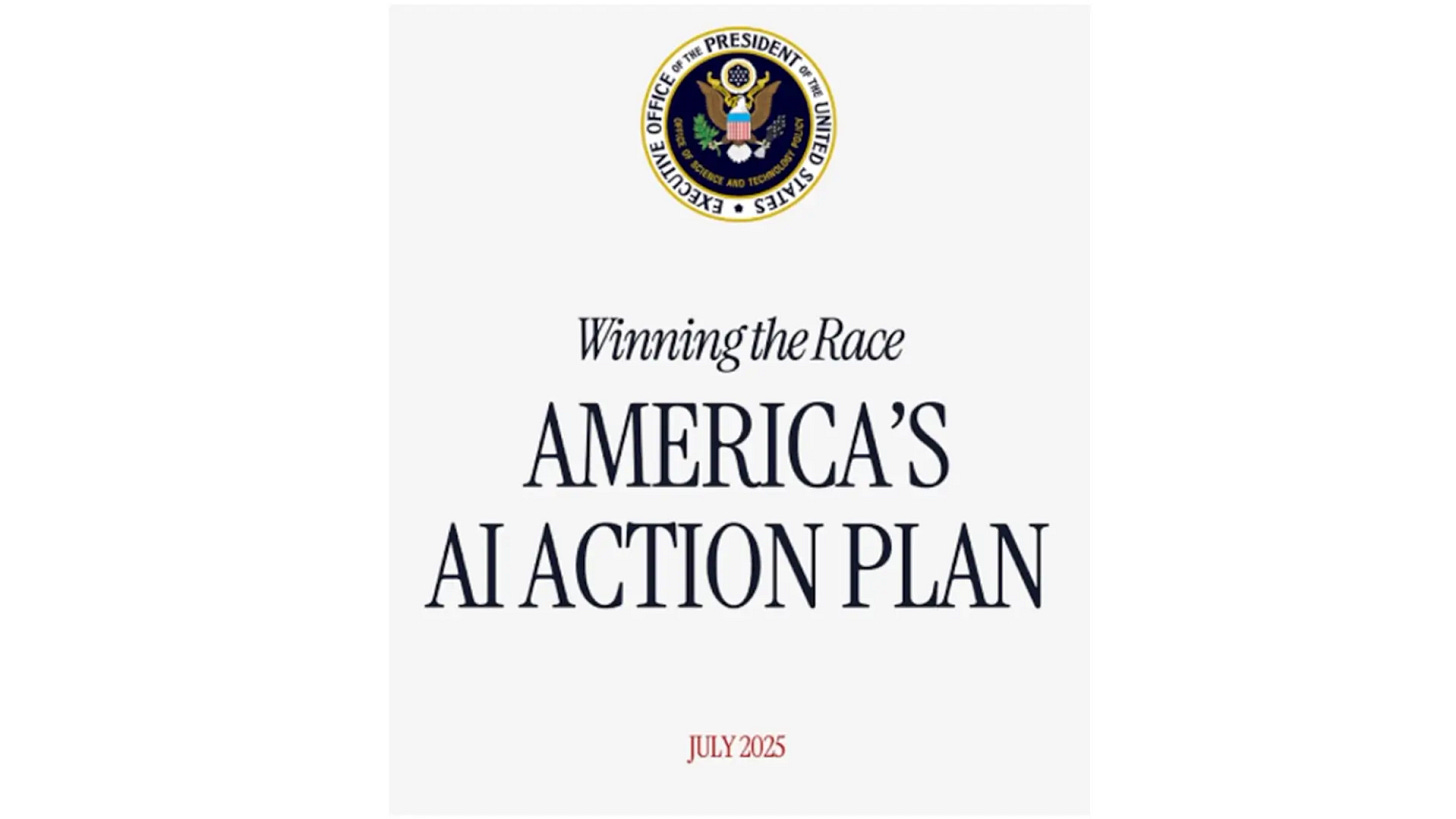AI Policy Reshapes Landscape, Stargate Advances, Physical AI Emerges, Meta Hires ChatGPT Co-Creator, & Open-Source Models Get Smarter
The White House published their AI Action Plan, OpenAI & Oracle advance Stargate, AEye's Physical AI powered by Nvidia, Meta hires ChatGPT Co-Creator, and Alibaba open-sources leading reasoning LLM
AI Action Plan Pushes Deregulation and Global Dominance
The White House launched a sweeping "AI Action Plan", signing three executive orders aimed at accelerating U.S. AI development by slashing regulations, expediting data center permits, and promoting American AI exports.
The plan prioritizes "free speech and American values" in AI, seeking to eliminate…



